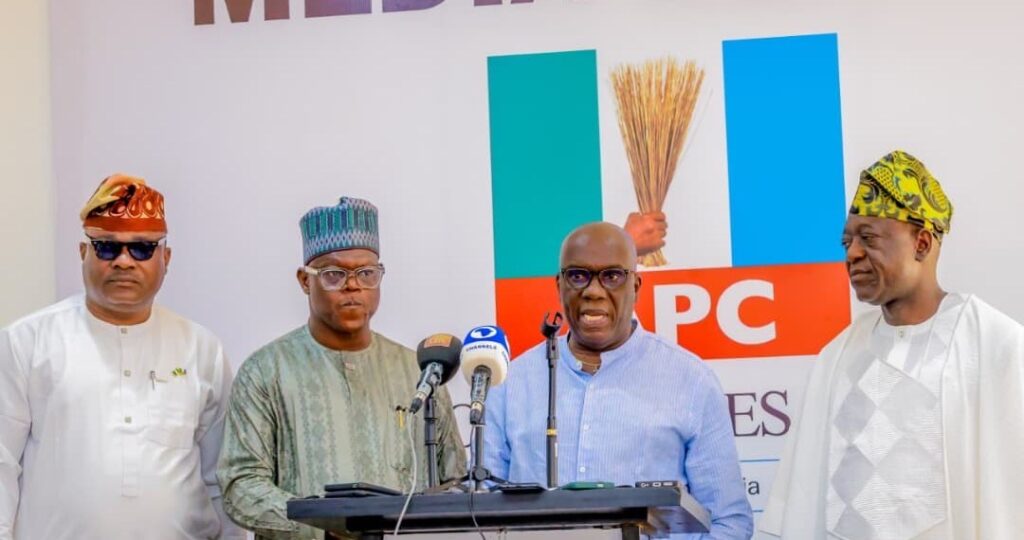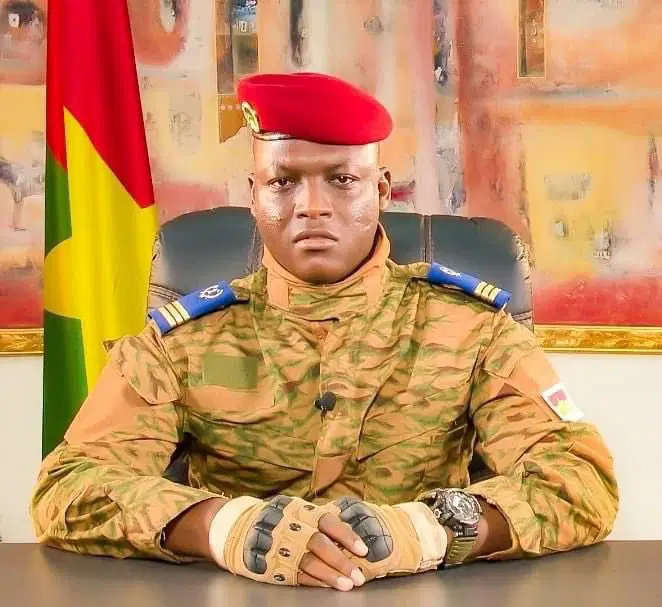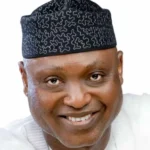Nigeria and Crisis of Self-PR: When a Nation Demarkets Itself

In the 21st century, the voice of a nation is its people, yet author Solomon Ogo-Oluwa Oyerinde argues that Nigeria is currently engaged in a massive act of self-sabotage through an overwhelming culture of negativity. He contends that while every country markets a story to the world, Nigerians too often choose to broadcast despair, effectively driving away investment and hope.
The Paradox of Negative Self-Branding
Oyerinde states that Nigeria’s biggest public relations problem is not external media but an internal one: “the mirror.” He observes that too many Nigerians have become “public relations officers of negativity,” habitually magnifying problems, mocking national symbols, and repeating stereotypes on social media. This destructive criticism, he argues, has become “fashionable,” but every negative word sells fear to investors, doubt to youths, and hopelessness to the world.
He contrasts this with successful nations like the US (selling the “American Dream”), China (discipline and innovation), and the UAE (global luxury)whose citizens prioritize projecting national pride despite internal challenges. For Oyerinde, this is because they understand that “nation branding is national currency,” and reputation can be more valuable than resources.
Untapped National Marketing Assets
The author highlights the Nigerian paradox using a personal anecdote: a German friend was shocked to learn Nigeria had world-class venues like the Eko Convention Centre (6,000 capacity) and Tafawa Balewa Square (50,000 capacity), having been led to believe the country lacked proper facilities for its own global stars. This, Oyerinde says, confirms that “when you don’t tell your story, someone else will tell it for you — and they’ll tell it wrong.”
He points to massive, yet under-celebrated, national marketing assets:
* Afrobeats: Global success stories like Wizkid selling out Tottenham Stadium and Burna Boy filling Madison Square Garden are proof of world-class excellence.
* Technology: Fintech firms like Flutterwave and Paystack are powering Africa’s digital economy.
* Film and Arts: Nollywood streams globally, and Nigerian diasporans are leading international hospitals and corporations.
Differentiating Criticism from Destruction
Oyerinde emphasizes that demanding accountability is not the same as destroying the national image. He defines a clear line between constructive criticism and destructive negativity. Patriotism, he asserts, means saying, “We can fix this system,” not “This country is hopeless.”
He also points to policy reforms under President Bola Ahmed Tinubu such as the fuel subsidy removal, exchange rate unification, and renewed focus on infrastructure as developments worth highlighting to show balance and progress.
In conclusion, Oyerinde warns that negativity has a real cost, driving away investment, deterring tourism, and causing the world to stop taking Nigeria seriously. He calls on Nigerians to become “ambassadors of possibility,” promoting the nation for “legacy and progress” rather than condemning it for social media engagement.









